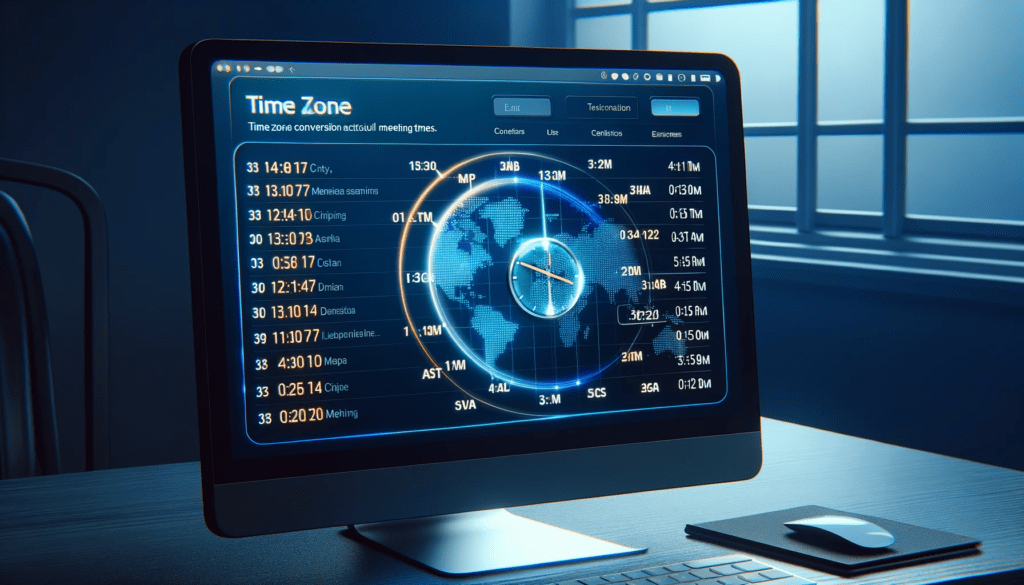Have you ever faced the logistical puzzle of scheduling a meeting that fits everyone’s workday across different time zones?
It’s a common scenario in the world of global remote teams. Here are five essential strategies to help you bridge the time zone gap, ensuring your team’s productivity and collaboration remain high.

1. Leverage Overlapping Hours
Find the common time slots when team members are simultaneously available. Use these overlapping hours for essential team meetings, collaboration, and decision-making processes.
This ensures that everyone has the opportunity to contribute in real-time, at least occasionally.

2. Adopt Flexible Work Policies
Embrace flexibility by allowing team members to adjust their working hours to better align with the team’s needs.
This approach can improve work-life balance and productivity, as employees work during their most productive hours.

3. Use Asynchronous Communication
Rely on asynchronous communication tools and practices. Encourage the use of detailed emails, recorded video updates, and shared documents to communicate progress and feedback.
This method reduces the need for real-time communication, making time zone differences less of a barrier.

4. Centralize Documentation
Keep all documents, project plans, and communication in a centralized, accessible location. This ensures that team members can access the information they need regardless of their working hours, facilitating smoother project progress.

5. Cultivate a Culture of Understanding
Foster a team culture that recognizes and respects the challenges of working across time zones. Encourage team members to be mindful of their colleagues’ schedules when setting deadlines or scheduling meetings.
A culture of understanding and respect can significantly reduce the stress associated with time zone mismatches.
Managing a global remote team requires thoughtful strategies to overcome the challenges posed by time zone differences.
By leveraging overlapping hours, adopting flexible work policies, utilizing asynchronous communication, centralizing documentation, and cultivating a culture of understanding, teams can enhance their productivity and collaboration, ensuring the success of their projects.

Which of these strategies have you found most effective in managing time zone challenges within your remote team? Share your experiences and insights in the comments below.
